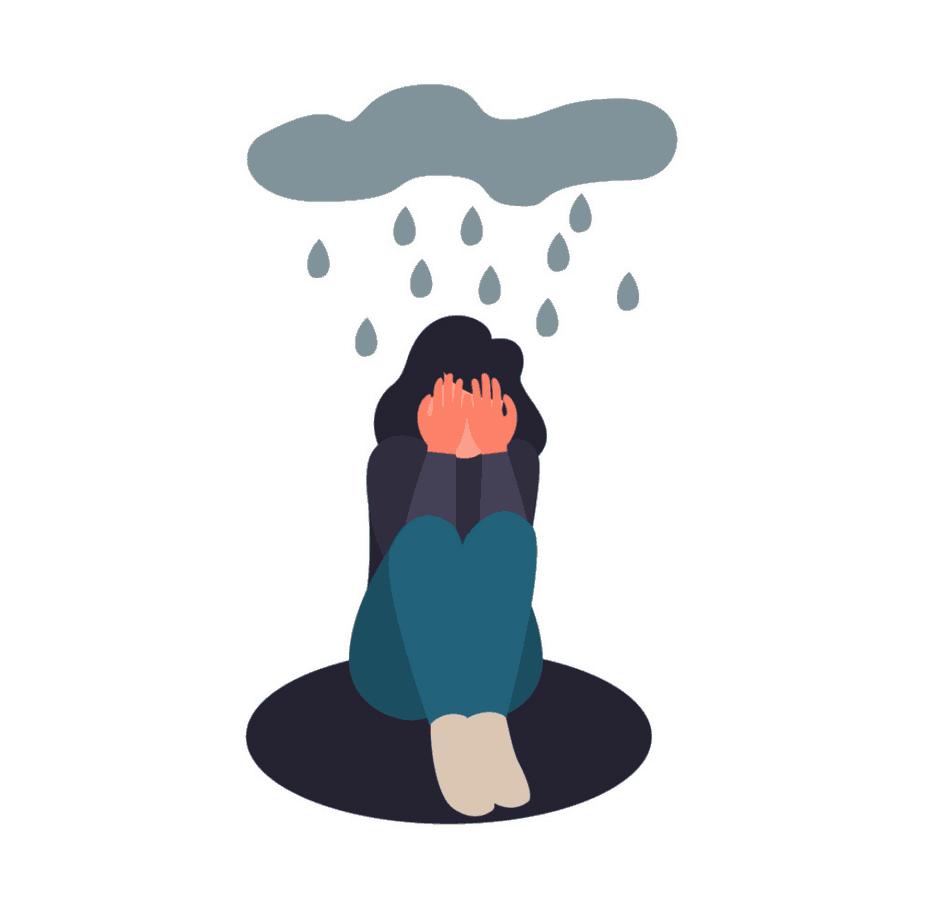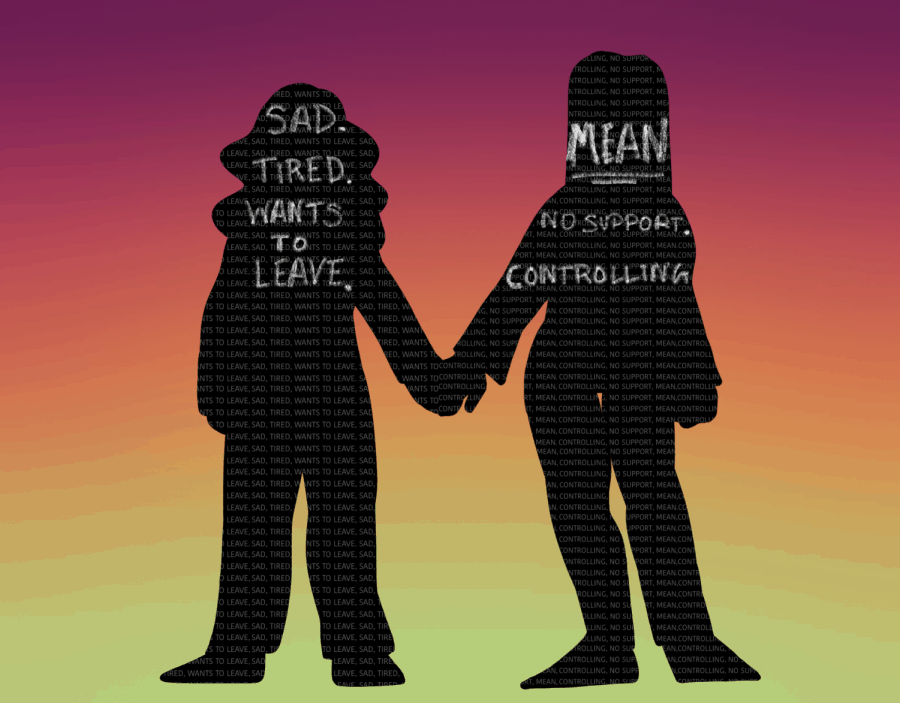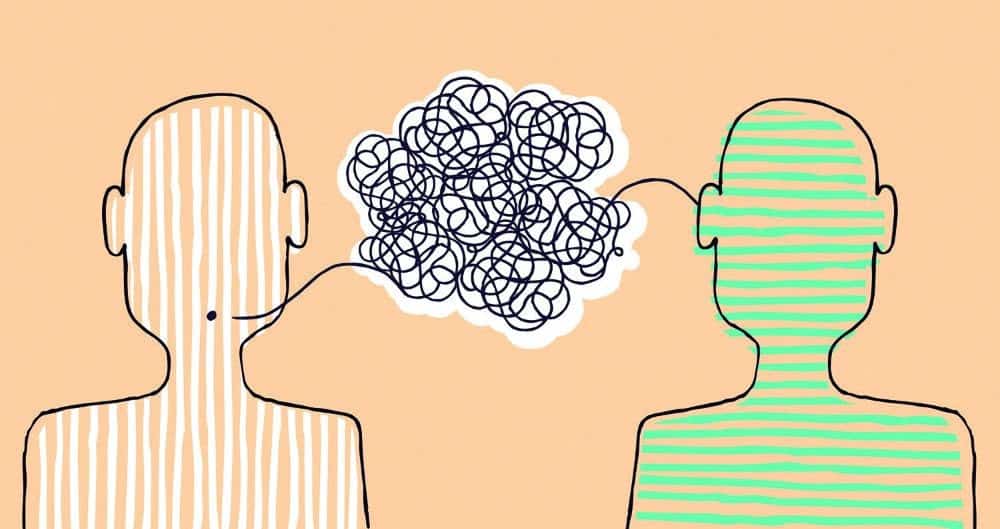In 2016, the number of people estimated to be suffering from mental health issues like depression and anxiety amounted to roughly 1.1 billion. Since then, numbers have likely continued to rise. Moreover, studies have also shown women especially on average are a) more likely to suffer from mental health issues, and b) less likely to talk about them. The taboo in Pakistan surrounding depression and anxiety disorders only serve to aggravate the individuals suffering even more. For the women who cannot seek out full time therapy, we’ve enlisted the help of a trained therapist. You sent us in your questions – here are the answers!

“I have a friend who is so possessive about me. She doesn’t like sharing me with others and sometimes she becomes aggressive about that and can become violent too. I think everything should be kept in limits. This is mentally disturbing me. What should I do?”

Shahrukh’s Response:
Hi Anon,
I imagine it must be distressing to have a friend that is possessive, aggressive and violent. I’ve realised that when it comes to relationships – be it romantic, familial or friendships – it is important to keep things genuine and authentic. In order to do that, you need to voice out your needs and boundaries, ideally by communicating them clearly and effectively with the person in question.
First Thing’s First: What Do YOU Need?
Before addressing the issue with your friend, it might help to understand what you need from the friendship. At the end of the day, you deserve to have your boundaries respected. Give yourself the space to really accept and acknowledge what those are for you. Once those are clear, you can move onto communicating them to your friend.
Address The Issue With Empathy, Compassion and Assertiveness
If you do value this person and would like to keep them in your life, having an open and honest conversation about the issue at hand would be the best way to go. If they are possessive, it might be worth expressing a little bit of curiosity and understanding what might be going on for them when you hang out with others. Each person has different degrees of attachment and they might be carrying trauma from previous relationships that they are projecting onto you. That all being said, it is also crucial to remember that their narrative should not prevent you from ignoring your needs. Hear them out, understand and empathise. When communicating the issue to the person in question, it helps to talk in “I” statements, keeping the focus on your feelings, and staying clear of blame and accusation. Gently tell them that while you value the relationship, and care about them dearly, there are some things that affect you. Speak with compassion, reassurance whilst also standing your ground on whatever boundaries you need to set up.
If They Don’t React Well…
Now, each person reacts differently to confrontational conversations. They might be understanding, they might not. Either way, you have done your part in terms of being open and honest with them about your needs. How they react to that is completely on them. They might try to engage and manipulate you into taking back those boundaries – guilt is usually the most effective tool people use. This is when you might need to be consciously aware of what’s happening and stay grounded in your decision. Remember, you have every right to voice out actions or behaviours that make you feel uncomfortable.

Is This Friendship The Best Thing For You?
If the person cannot respect those boundaries, then it might be time to reassess the friendship and perhaps give it a bit of time and space, in order to set up a new dynamic. This is not to say that you need to cut out the person, but just need to make it clear that you are standing firm on your needs. If they’re still not okay with it, then it might be worth exploring what role this person plays in your life. Ask yourself how much you’re giving to the relationship, and in turn, how much you’re getting back. Some questions to consider:
- Can I be myself with this person?
- Are they reciprocating the effort I put into the relationship?
- Do I feel physically or emotionally exhausted after spending a certain amount of time with them?
- Do I often put my needs aside for this person?
- Does this person make me feel bad about myself?
If the answer to most or half of these questions is a “yes”, there could be the possibility of the friendship being a little toxic for you, and if so, it might be helpful to consider perhaps distancing or cutting ties.

Anon, confrontation with friends, especially the ones closest to us, can be challenging at times. You might be thinking: “I don’t want to hurt their feelings; I don’t want to lose them; I might be overreacting etc.” It’s possible that you might hurt their feelings, but you know what? That’s completely alright. A close friendship cannot exist without some level of conflict or fights. That’s when something is actually wrong. I truly believe that one of the best things you can do for a friendship is have the uncomfortable conversation. Your intention is not to hurt them, it’s the opposite. By holding our needs and feelings in, we begin to feel a great deal of resentment towards the people in question, and that in itself can be extremely damaging. So again, the best thing you can do is be honest if something is really bothering you. I really do hope that things work out for the best between you and your friend, Anon. Take care and stay in your power!

The above article is written by Shahrukh Shahbaz Malik who is trained in humanistic integrative counselling at CPDD in the UK and currently has her own private practice in Karachi. The views expressed in this article are those of one expert. They do not necessarily represent the views of Mashion, nor do they represent the complete picture of the topic at hand. This article is for informational purposes only and is not a substitute for medical diagnosis or treatment.









What do you think?
You must be logged in to post a comment.